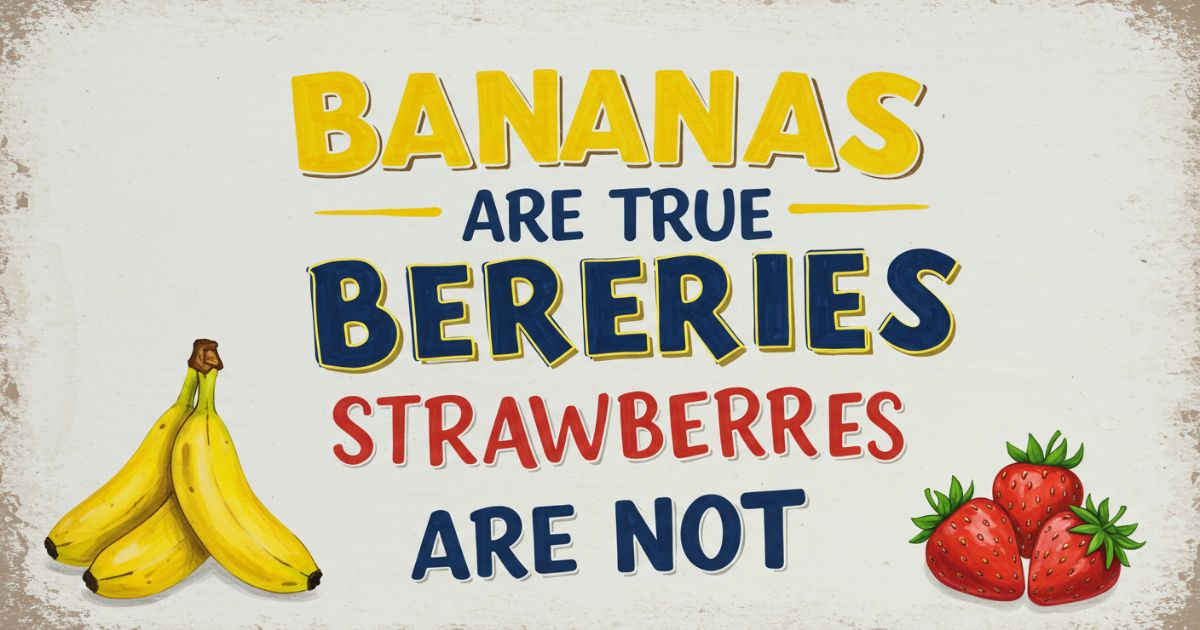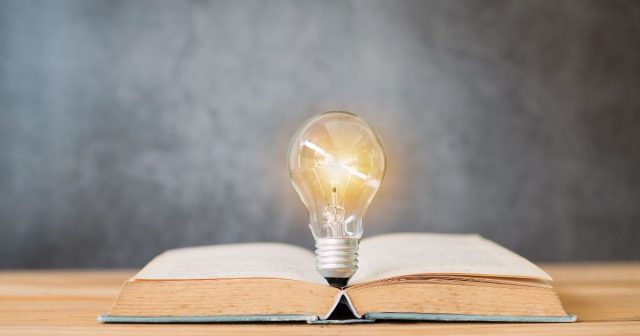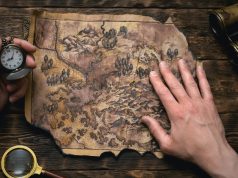General knowledge is more than a collection of trivia—it’s the foundation for informed conversations, a deeper understanding of the world, and even improved problem-solving skills. Whether you’re a trivia night enthusiast, a curious lifelong learner, or simply someone looking to impress friends at your next gathering, expanding your repertoire of facts can be both fun and rewarding. In this post, we’ll dive into 14 surprising general knowledge facts that span the realms of science, history, language, and nature. You’ll learn why your brain consumes a fifth of your body’s energy, how honey can outlast civilizations, and much more. Additionally, we’ll share proven strategies to help you retain these key insights and continue expanding your knowledge base for years to come. Let’s get started!
Why General Knowledge Matters in Everyday Life
In our rapidly evolving world, general knowledge serves as a compass, helping us navigate news headlines, engage in meaningful discussions, and make informed decisions. It fosters critical thinking by providing context for interpreting data, spotting misinformation, and analyzing arguments. Whether you’re evaluating the credibility of a viral social media post or choosing a financial investment, a solid base of facts enables you to ask the right questions. In the workplace, broad knowledge can spark creativity and innovation when teams draw on diverse insights across disciplines. During travel, understanding cultural histories and languages deepens your experience. Additionally, general knowledge enhances social connections—from breaking the ice at networking events to bonding over shared curiosities with friends. By cultivating a well-rounded understanding of science, history, literature, and other subjects, you not only boost your confidence but also position yourself as a thoughtful and informed participant in both local communities and global conversations.
1. The Brain Consumes 20% of Your Body’s Energy
Despite accounting for only about 2% of your total body weight, the human brain is an energy powerhouse. It burns through roughly 20% of your body’s total energy supply—more than any other organ. This high demand is driven by the brain’s constant electrical activity, processing information, maintaining neural connections, and regulating bodily functions like breathing and heartbeat. The majority of this energy comes from glucose, making a steady supply of healthy carbohydrates essential for optimal cognitive performance. Skipping meals or consuming high-sugar junk foods can lead to dips in concentration and mental fatigue.
2. Bananas Are True Berries, Strawberries Are Not

In botanical terms, a berry is a fruit produced from a single ovary with seeds embedded in its flesh. By that definition, bananas qualify as berries, while strawberries, raspberries, and blackberries do not. Strawberries develop from a flower with multiple ovaries and carry their seeds on the outside, making them accessory fruits. Next time you enjoy a bunch of bananas, remember you’re technically eating berries—while your strawberry smoothie is, ironically, berry-free.
3. Cleopatra Lived Closer to the Moon Landing Than the Great Pyramid’s Construction
Cleopatra VII ruled Egypt around 69–30 BC, about 2,000 years before Neil Armstrong stepped onto the Moon in 1969. By contrast, the Great Pyramid of Giza was completed circa 2560 BC—over 2,500 years before Cleopatra’s reign. This surprising timeline illustrates how timelines in popular imagination can mislead us about the vast spans of human history.
4. The Great Wall of China Is Hardly Visible from Space

Despite its 13,000-mile length, the Great Wall of China is nearly impossible to see from the Moon with the naked eye. Its width is narrow relative to its surroundings, and it often blends with the natural terrain. Astronauts report that spotting the Wall from low Earth orbit requires perfect lighting, weather, and eyesight—but even then, it’s a significant challenge.
5. Ada Lovelace Was the First Computer Programmer
In the mid-1800s, mathematician Ada Lovelace collaborated with Charles Babbage on his Analytical Engine, a pioneering concept for a mechanical computer. She wrote detailed notes, including an algorithm for computing Bernoulli numbers—now recognized as the world’s first published computer program. Lovelace also envisioned computers creating art and music, remarkably predicting modern computing applications.
6. Uranium Is the Heaviest Naturally Occurring Element
With atomic number 92, uranium is the heaviest element found in measurable quantities in Earth’s crust. It powers nuclear reactors and weapons, while heavier elements—those beyond uranium—are synthetically produced and typically decay too quickly to exist naturally in significant amounts.
7. “Alphabet” Comes from “Aleph” and “Bet”
The term “alphabet” traces back to the Phoenician script’s first two letters: “aleph” (ox) and “bet” (house). This 22-symbol consonantal system, developed around 1200 BC, influenced Greek, Latin, Hebrew, and other writing systems. The Greeks later added vowels, creating the versatile alphabet many languages use today.
8. Octopuses Have Three Hearts
Octopuses possess two branchial hearts that pump blood through their gills and a third systemic heart that circulates oxygen-rich blood to the rest of the body. Their copper-based blood molecule, hemocyanin, is more efficient than hemoglobin in cold, low-oxygen environments, enabling deep-sea survival.
9. The Placebo Effect Can Be Astonishingly Powerful
When patients receive an inactive treatment but believe it’s real medicine, they often experience genuine improvements. Studies estimate the placebo effect accounts for up to 35% of perceived efficacy in pain-relief trials, highlighting the brain’s role in modulating physical sensations through expectation and belief.
10. The Mona Lisa’s Fame Soared After It Was Stolen

In 1911, Italian handyman Vincenzo Peruggia stole Leonardo da Vinci’s Mona Lisa from the Louvre, hoping to return it to Italy. The theft made worldwide headlines, and when the painting was recovered two years later, public fascination had skyrocketed. The incident cemented the Mona Lisa’s status as the world’s most famous artwork.
11. Light Slows Down Inside a Diamond
Light travels at about 186,000 miles per second in a vacuum. When it enters a diamond, it slows to roughly 125,000 miles per second due to the stone’s high refractive index. This slowdown causes dramatic internal reflections, giving diamonds their signature brilliance.
12. Honey Never Spoils, Even After Thousands of Years
Archaeologists have discovered pots of honey in ancient Egyptian tombs over 3,000 years old—and still perfectly edible. Honey’s low moisture content, high acidity, and natural hydrogen peroxide content inhibit bacterial growth, making it one of nature’s most enduring foods.
Dig Deeper: Why doesn’t honey go off?
13. Sharks Have Existed Longer Than Trees
Sharks first appeared in the oceans around 420 million years ago, while the earliest trees evolved about 350 million years ago. This means sharks roamed ancient seas during the time of primitive jawless fish and long before dinosaurs or forests covered the land.
14. The “Foot” Measurement Traces Back to Ancient Human Anatomy
The imperial foot, standardized as 12 inches or 0.3048 meters, originated from the length of an average adult male foot in ancient civilizations. Early units varied regionally—Roman, Greek, and Egyptian feet differed slightly—until 19th-century international agreements unified the measurement.
How to Retain and Expand Your General Knowledge
Learning surprising facts is only half the battle. To truly benefit, you need strategies to remember and build on what you discover. Here are five practical tips:
- Active Recall: Test yourself regularly on the facts you’ve learned. Instead of just re-reading, force your brain to retrieve information—this strengthens memory retention.
- Spaced Repetition: Review material at increasing intervals (after one day, one week, one month) to move knowledge from short-term to long-term memory.
- Teach Others: Explaining a concept to someone else helps solidify your understanding and reveals any gaps you need to fill.
- Use Mnemonics and Stories: Create vivid associations or narratives around facts—for example, imagine a diamond slowing down light like a speed bump.
- Stay Curious and Diversify Sources: Read books, listen to podcasts, play trivia games, and engage in conversations. The more varied your input, the richer your mental connections.
Final Thoughts
General knowledge enriches our lives by providing context, enhancing critical thinking, and sparking curiosity about the world around us. From the energy demands of your own brain to the seemingly eternal shelf life of honey, the universe abounds with wonders waiting to be discovered. By applying these learning strategies, you can ensure that the facts you uncover today become the foundation for deeper insights tomorrow. Keep exploring, stay curious, and watch your knowledge—and confidence—grow.
Learn More: Must-Know General Knowledge Facts to Boost Your Brainpower







